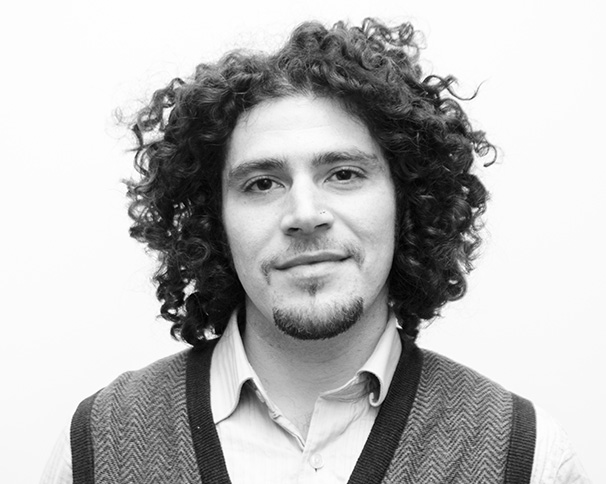I am reluctant to call myself a feminist because, as a male, I am not subject to the same oppression which many women face on a daily basis. I acknowledge my gender as one of my privileges. The United Nations has released a report claiming that one in three women worldwide will endure physical or sexual abuse in a lifetime. In light of this startling statistic, we have a responsibility to ensure that all women enjoy human rights. Safe access to education, food and clean water, the ability to earn an income and the right to seek justice against abusers are necessary standards. The NYU community must collaborate on eradicating sexual and gender-based violence.
Illinois Rep. Jan Schakowsky introduced the International Violence Against Women Act in Congress this past November. IVAWA augments the Obama administration’s existing U.S. Strategy to Prevent and Respond to Gender Based Violence, a strategy which created a U.S. Global Women’s Issues Ambassador position to incorporate the often-ignored female perspective into American foreign policy. The strategy ensures that our country partners with local non-profits and nongovernmental organizations to empower women and other vulnerable groups — including LGBTQ, religious and ethnic minorities.
During the winter recess I traveled to the Thai-Myanmar border with a cohort of graduate and rabbinic students through the American Jewish World Service, a human rights and international development organization, in hopes of understanding the equality divide that permeates South Asia. Each of the 17 participants came from a different background and had various professional aspirations. The shared goal of leveraging our communal positions in the hope of strengthening the world and the Jewish community united us.
The Myanmar government has deprived its citizens of basic human rights and, since 1962’s military coup, has brutally suppressed dissent — especially among ethnic minorities residing in semiautonomous regions. The military dictatorship raped, tortured and conducted ethnic cleansing with impunity as corrupt leaders accrued power and profit. Hundreds of thousands of Burmese have fled as refugees to neighboring states. Many live in legal limbo, constantly wondering when conditions will become safe enough to return home.
My colleagues and I met with Myanmar NGOs that attempt to manifest courage despite the intractable conflict choking Myanmar. One impactful experience involved the Karen Women’s Organization, which educates, empowers and organizes the Karen people to document the government’s human rights abuses while building community. A rural, mountainous region, the Kayin State has endured some of the most atrocious human rights violations due to its central geographic location. Even today, the Karen people face government-sanctioned land confiscation, threats from nearby land mines, military conscription and environmental exploitation by multinational corporations. All this continues despite a 2012 ceasefire as part of Myanmar’s ostensible transition toward democracy, its first chairmanship of the Association of Southeast Asian Nations and an end in U.S. long-term sanctions.
After becoming acquainted with KWO and its operations, I met one of its leaders. During a meal of rice and green curry at their Thai headquarters, Zion Dany described the abject condition of a refugee camp called Mae La, which holds 50,000 Myanmar refugees, of whom more than 90 percent are Karen. Some have called the camp home since its opening in 1984. Zion told of a young women who had been gang raped and murdered in the camp only weeks earlier. Her ravaged, naked corpse, discovered after the incident, was promptly removed, cremated and disposed of without conducting even the most rudimentary investigation to identify and catch the perpetrators. For this reason, Zion advocated establishing protocols so rape victims receive equal justice and protection under the law.
We can support Zion and the KWO in this dream. Rep. Schakowsky, in addition to four co-sponsoring New York representatives, plan to debate the IVAWA legislation during the 113th U.S. Congress. With midterm elections approaching, Republicans and Democrats will seek to broaden their bases of support as much as possible. We must call for gender safeguards and equality — the treatment we demand for women in the United States should be the same treatment we demand for women abroad. We must hold the elected officials who do not represent us accountable for their lack of action.
My initial reluctance of whether I can justifiably call myself a feminist is hopefully irrelevant in the face of continued violence against women. The targeted and their allies must push toward common goals while the time is ripe. Let us be blessed with right mind, heart and action to leverage our station as NYU students and transform the world as it is to create what it could be — a world of compassion, equity and righteousness.
A version of this article appeared in the Thursday, Feb. 6 print edition. Aaron Levi is a contributing writer. Email him at [email protected]


























































































































































